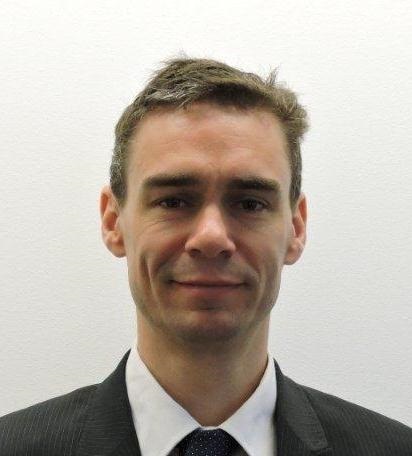What does a Council Executive do?
I am the Branch Manager for Strategy and Network Services in Brisbane Transport division, the largest division of Brisbane City Council. I provide strategic direction and budget management for three multi-million dollar budgets. I am a member of the Brisbane Transport divisional management team, and am the branch’s primary liaison with the Chairman of the Public and Active Transport Committee who is also the Deputy Mayor. The branch has a high degree of engagement with the Queensland Government’s TransLink division, which oversees public transport services in Queensland.
What do you work in and what is your specialty?
I work in public transport and local government, in one of the largest bus service providers in Australia. My responsibilities require a strong degree of strategic thinking, analytical skill, relationship management and particularly leadership. I manage teams that are responsible for the bus services’ network planning, network scheduling, Charters, Special Events, Security, Risk management, strategic planning, business and process improvement and safety. The scheduling team uses HASTUS, a sophisticated and world leading scheduling software system to construct schedules and rosters to deliver services in the most efficient way possible. Key members of the team need to have a high degree of information technology skills.
How did you become interested in this area and when did you first start?
I have been a career public servant, with the majority of my career in the Commonwealth Government in Canberra working in the Department of the Prime Minister and Cabinet, the Parliamentary Service and the Department of Defence. This role was an opportunity for me to return to Brisbane and continue my public service. I commenced in Council in 2010 as the Executive Officer to the Divisional Manager where I assisted him in the overall running of Brisbane Transport particularly liaison with the Chairman of the Public and Active Transport Committee. I was appointed to my current role in 2013.
What study path have you taken to get here?
I undertook all of my tertiary education at the Queensland University of Technology (QUT). I completed a Bachelor of Social Science (Psychology) and a Bachelor of Arts (European Studies), before completing my honours degree in diplomatic history. I attained a first class honours degree and a university medal. I then completed a PhD in diplomatic history. I was fortunate to have received scholarships, after receiving an Australian Postgraduate Award and a Vice-Chancellor’s Scholarship from QUT. This was a large part of why elected to remain at QUT to complete my PhD, along with having developed a good relationship with my doctoral supervisor. My academic studies were invaluable but, as with many careers, what I learned during my work experience has been most critical in getting me to my current position. At the Department of Defence I learned a lot about analysis, judgement and leadership. At the Department of the Prime Minister and Cabinet and the Parliamentary Service I learned a lot about the process of government.
What do you like most about your job?
I have always enjoyed the principle of public service and working for the interests of the community, rather than furthering an individual or corporate interest. I enjoy being challenged and learning from the people I work with, many of whom are the best at what they do in Australia. But the element I like most about my job is the people I work with.
Do you have any particular career highlights?
Working in international diplomacy in the Department of Defence where I had the opportunity to represent Australia in diplomatic delegations and lead inter-departmental delegations in international engagement. I also had the opportunity to work in a unique area involving scientific and technical analysis where I worked with some of the most educated and intelligent people in Australia.
What advice would you give to someone interested in working in this area?
There are many paths to being an executive but all of it revolves around leadership and judgement in decision making. I recommend taking every opportunity to lead and to learn from the people around you. It is more than just studying and learning, but also translating this into an application of skills in the workplace. Analytical skills are invaluable and I had the fortune of being exposed to this in both science and humanities disciplines. Therefore, for me, breadth of experience and working with people from a variety of different backgrounds and skills is advantageous because it maximises your opportunities to learn from the people around you.
W

Name
Dr Greg Spelman
Career
Executive
Current Role
Branch Manager
Strategy and Network Services, Brisbane Transport
Brisbane City Council
